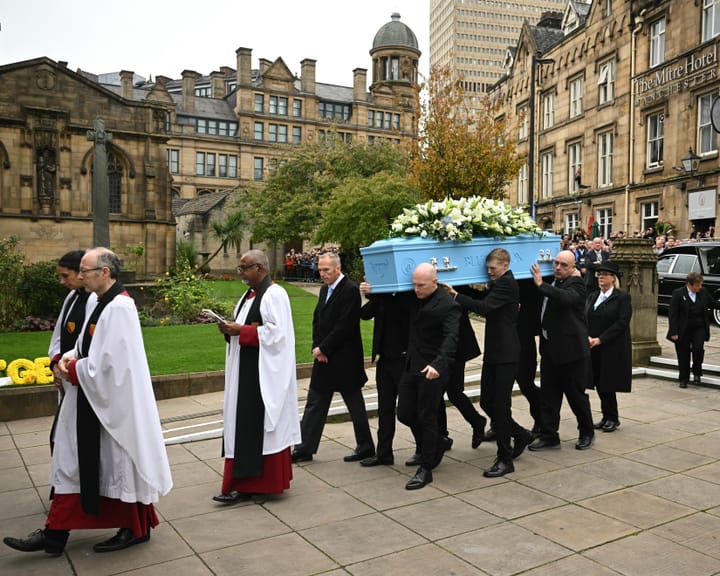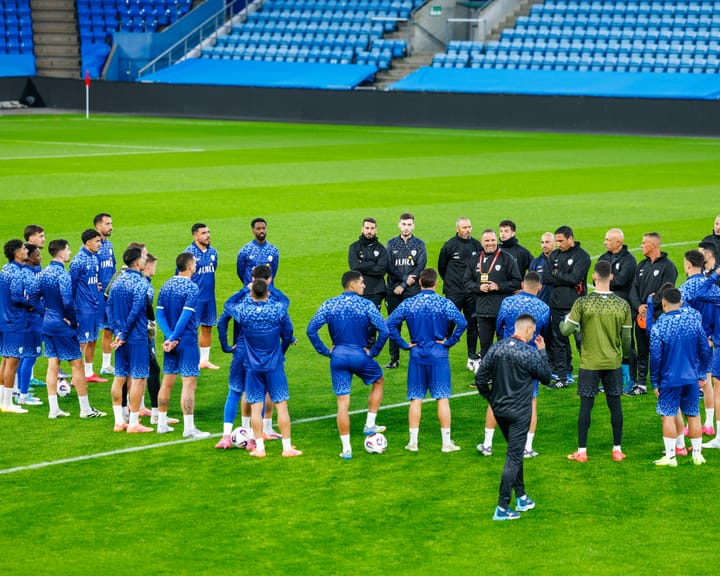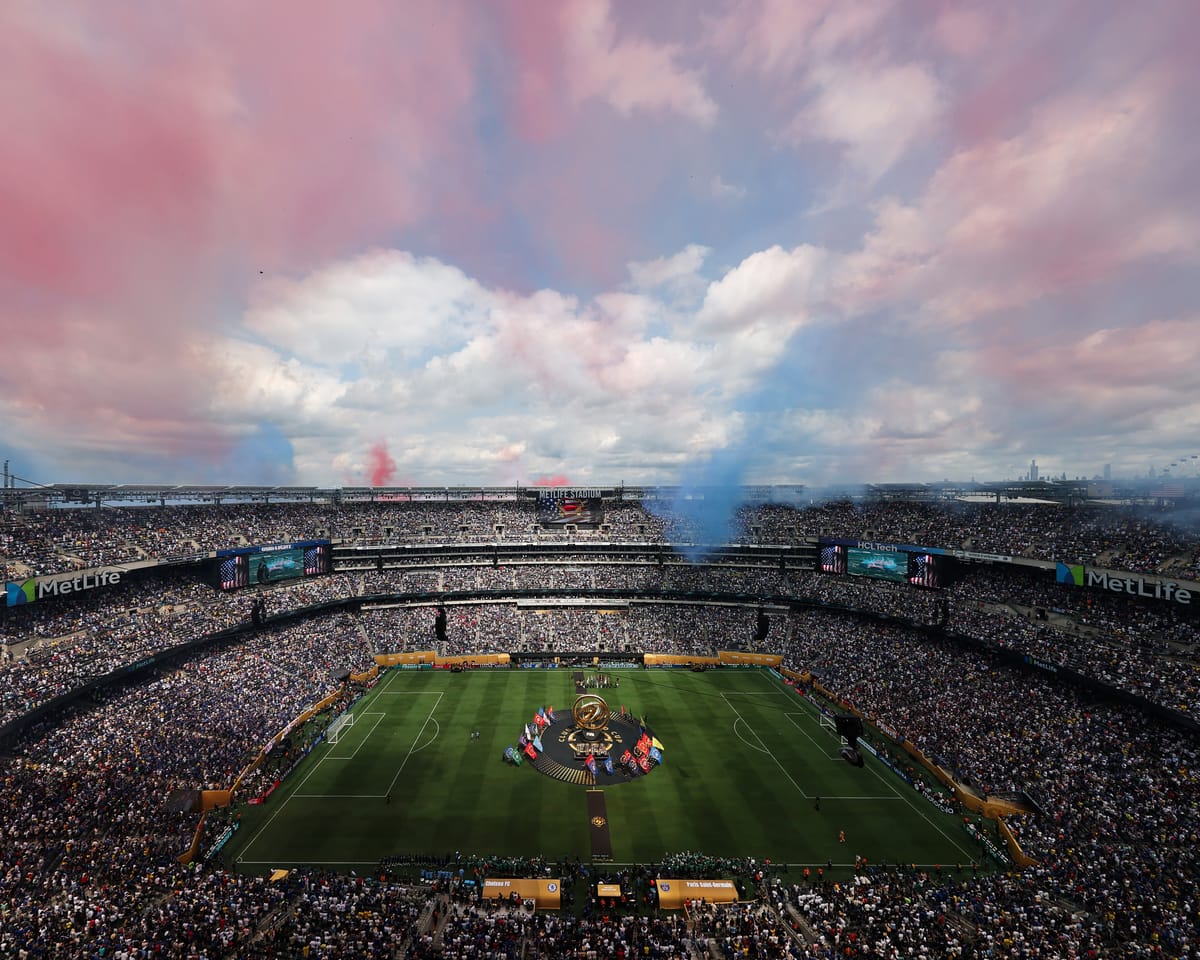When tickets for the 2026 World Cup became available last week, millions of fans logged on only to learn the reality of Gianni Infantino’s claim that “the world will be welcome.” The least expensive seat for the final, high in the stands of New Jersey’s 82,500-capacity MetLife Stadium—where the players are barely visible and the game is more rumor than spectacle—is priced at $2,030 (without extras). Most upper-level seats range from $2,790 to $4,210, as reported by those who finally saw the previously undisclosed costs. The frequently mentioned $60 tickets for early-round matches, highlighted as proof of accessibility, appear only as small, unclear spots on seating charts, more illusion than reality.
Organizers withheld pricing details until sales began, replacing standard price lists with a digital lottery determining who could even attempt to purchase. Fans spent hours waiting in online queues while automated systems assigned their positions. By the time most gained access, the cheaper seats had disappeared, likely claimed by automated programs and large-scale purchasers—and that was before prices for at least nine matches were quietly raised after the first day. The entire process felt less like a ticket release and more like an exercise in testing public endurance for frustration and scarcity.
Officials argue this approach simply follows “market norms” in the U.S., where most games will take place, as though high prices were a cultural tradition akin to Qatar’s alcohol restrictions. In some ways, they’re correct: profit-seeking has long been an unofficial creed in the absence of a unifying national belief. What’s unfolding is less a celebration of the sport and more a testing ground for the worst aspects of modern entertainment. The organizing body has combined every modern annoyance—shifting prices, randomized access, constant verification, even remnants of a collapsed digital-asset trend—into one joy-draining system aimed at turning entry itself into a tradable good. This is the World Cup redesigned for an era of corporate control, where fan enthusiasm collides with financial speculation.
The shift began during the rise of blockchain assets, when organizers introduced a program offering digital ownership of notable football moments—Pelé’s 1970 victory, Maradona’s 1986 run, Mbappé’s 2018 goal—each sold as a digital collectible. When the market faltered, they repurposed the concept by quietly converting these assets into potential ticket access. Under a rebranded system bearing an impersonal name, supporters could purchase digital tokens that might someday grant the right to buy match tickets.
Read next

"Fluffed Up: How Modern Tennis Balls Lead to Frustration and Injury"
Daniil Medvedev quickly realized he was in a difficult position at Roland Garros. Facing Britain’s Cameron Norrie in the opening round, he struggled to find his rhythm.
With his chances of progressing in one of the sport’s most prestigious events slipping away, the 29-year-old decided on an unusual

Manchester bids heartfelt farewell to beloved boxer Ricky 'the people's champion' Hatton
Thousands Gather in Manchester to Honor Ricky Hatton, Former World Champion Boxer
A large crowd filled the streets of Manchester on Friday to celebrate the life of Ricky Hatton, the former world champion boxer who passed away last month at the age of 46.
Hatton was widely admired in the

Heightened security and political strain loom over crucial Norway vs. Israel World Cup match
This will be the most heavily secured sports event in Norway since the 1994 Winter Olympics. Strict security measures are in place across Oslo, with a no-fly zone enforced over Ullevål Stadium. Amid the heightened precautions, it might be easy to overlook that Norway’s national team is close to

